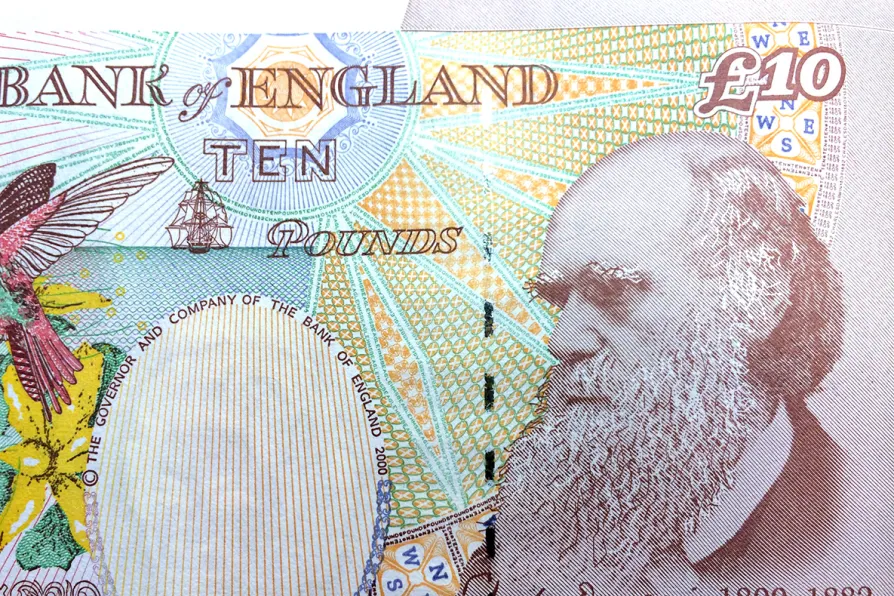Government's £13 a day self-isolation payment slammed as ‘paltry’ and ‘slap in the face’


THE government’s paltry self-isolation scheme for low-paid workers was roundly condemned today as a £13-a-day “slap in the face.”
Health Secretary Matt Hancock confirmed that people receiving universal credit or working tax credit who are required to self-isolate and are unable to work from home, in areas with high incidence of Covid-19, will be subject to the scheme.
Starting with a trial in Blackburn with Darwen, Pendle, and Oldham, eligible people who test positive for the virus will receive just £130 for their 10-day period of self-isolation.
More from this author


















